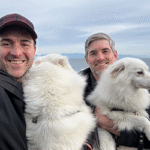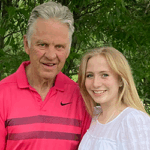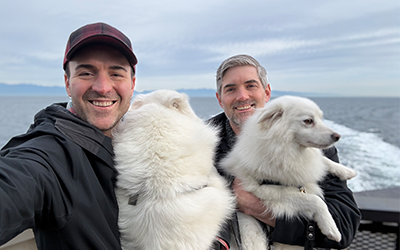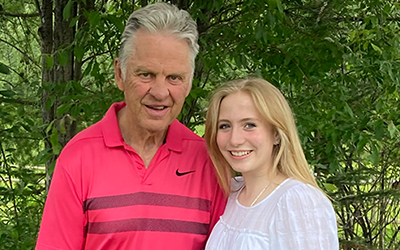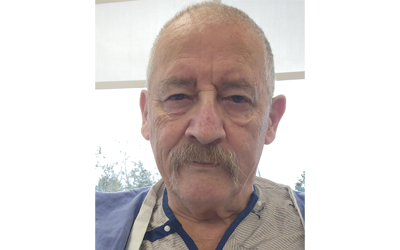When Susan Aronson was diagnosed with Parkinson’s disease (PD) ten years ago, she knew she needed to learn more about PD and how others cope with it. After reaching out to Parkinson Society British Columbia (PSBC) for details on support groups, she attended the next monthly meeting of her local Nanaimo group. The group provided Susan with information about Parkinson’s, but more importantly, it offered a sense of community and connection with other individuals on similar journeys.
“I was advised by a neurologist at UBC to become [a knowledgeable advocate for my own care], and in addition to books, lectures, and workshops, the support group offered me so much more,” Susan says. She began helping chair the informal summer meetings, and then realized she had something to offer the group as a facilitator, due to her degree in social work and 25 years’ experience in adult education.
For six years, Susan acted as the group’s facilitator, setting agendas, scheduling speakers, and leading discussions. However, she also describes how her group shared responsibilities among a management team, ensuring all voices were heard and creating space for new ideas and individual limitations. Her goal was to lead the group by example, and promote values like respect, empathy, positivity, and hope. Another integral aspect of the group was its sense of humour, with members sharing many laughs together to lighten the mood and get through difficult times.
Susan believes that support groups bring diverse people together, building on the commonality of PD to develop intimate friendships between group members. “The connections in the support group help people with PD gain confidence and find inspiration in one another’s stories. By sharing and learning from others, they feel less isolated and more empowered.”
While COVID-19 health and safety measures have introduced new challenges for many support groups, Susan remains positive and inspired by the community of incredible people she has met throughout her journey as a facilitator. “I have been inspired and motivated by speakers and have made close friends who have given me strength in my PD journey.”
“A support group is an opportunity not to be missed. It is a chance to meet others who are taking charge, empowered, and leading an active lifestyle by managing their own care.
“It’s so easy to feel overwhelmed, give into apathy and depression, and to feel embarrassed by one’s condition. In a support group, there is comfort in meeting people who understand and are willing to share their stories.”



